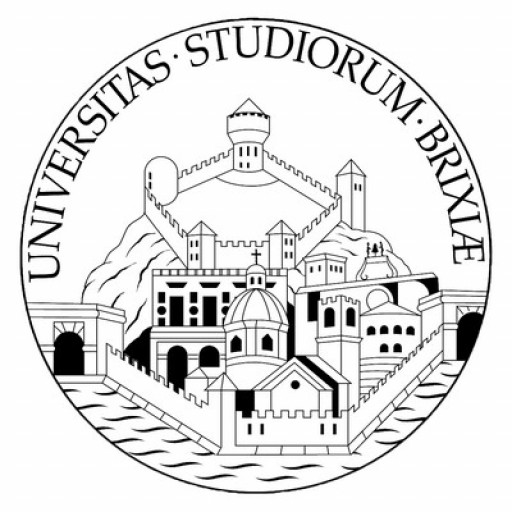This qualification defines the abilities and knowledge required to get a higher engineering trades person within metalengineering, engineering, fabricating and associated industries.The skills associated with this qualification are designed to affect an extensive array of engineering work undertaken in the fields of refrigeration and air conditioning, casting and molding, computer numerically controlled (CNC) programming, fluid power, heavy fabrication, instrumentation, maintenance, plant mechanisms, marine electronics, mechatronics, patternmaking, robotics, toolmaking, welding and see and clock services and repair, including post-trade work. It gives the skills and knowledge for a person to understand and implement quality control techniquesand exercise great interpersonal and communications skills, work from complex instructions and procedures, exercise discretion over the scope of responsibility, perform work under limited supervision either individually or within a team setting, be responsible for strengthening the standard of their own work, provide commerce guidance and assistance as a part of a work group, function non-trade tasks which are incidental or peripheral to the primary tasks and ease the conclusion of the whole job, inspect products and/or materials for conformity with established operational standards, operate lifting equipment incidental to their own work also aids in the supply of learning combination with managers and trainers.This qualification could possibly be obtained by direct entrance. While there is no qualification entrance requirement, it is supposed that the student is either already a trades person using structured on and off-the-job training or is an apprentice under an Australian Apprenticeship agreement. It should not be applied as a Pre Employment or pre-apprenticeship application. It's specifically designed to pay for the skills and knowledge required of workers employed as Engineering/Manufacturing Tradesperson \u2013 Special Class Level II as defined in the Manufacturing and Associated Industries and Occupations Award. No accreditation, legislative or certificate requirements affect this qualification at that time of publication. However, in certain jurisdictions units within this qualification may want a license.
There are no entrance requirements for this qualification.






